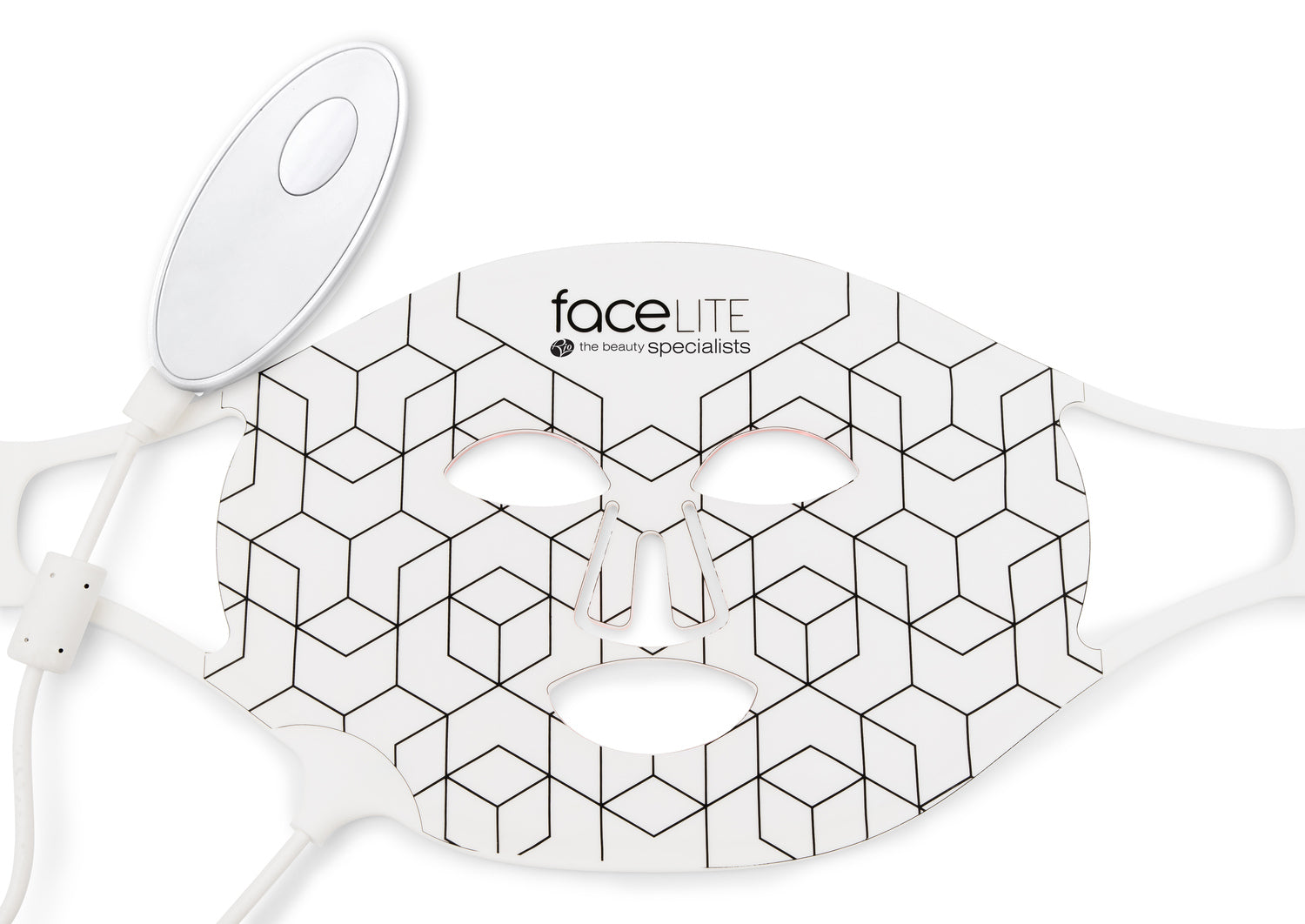
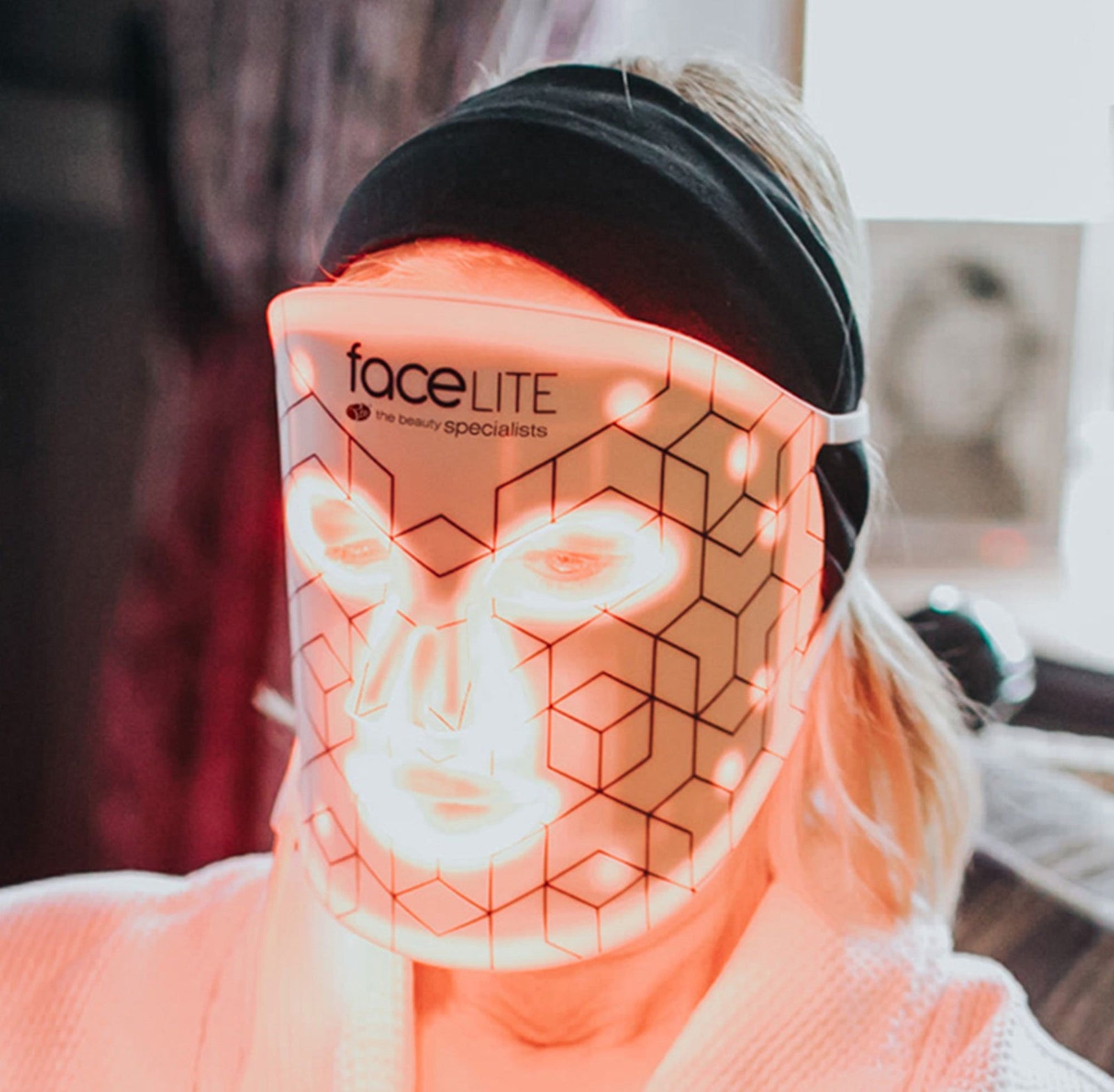
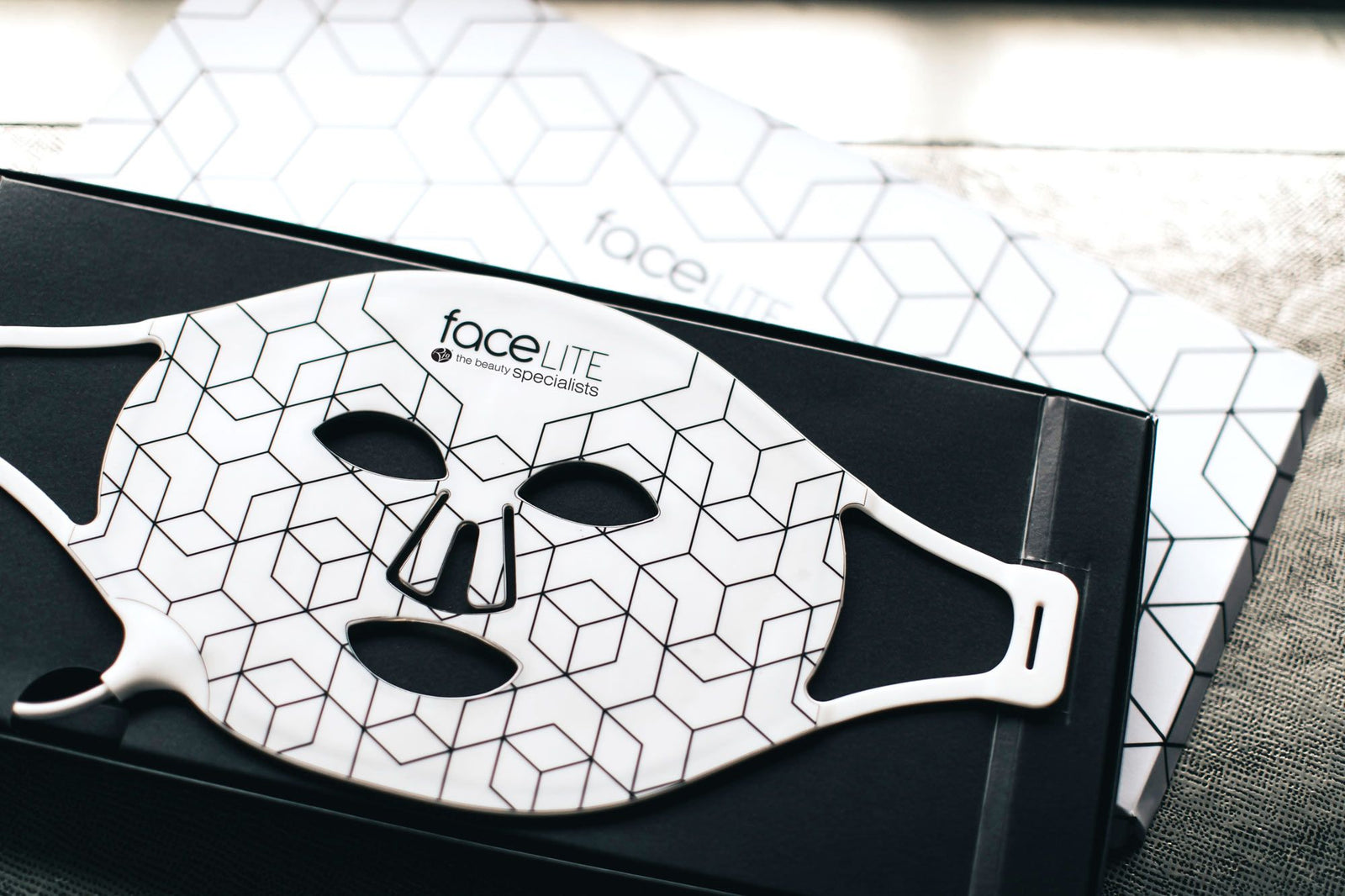
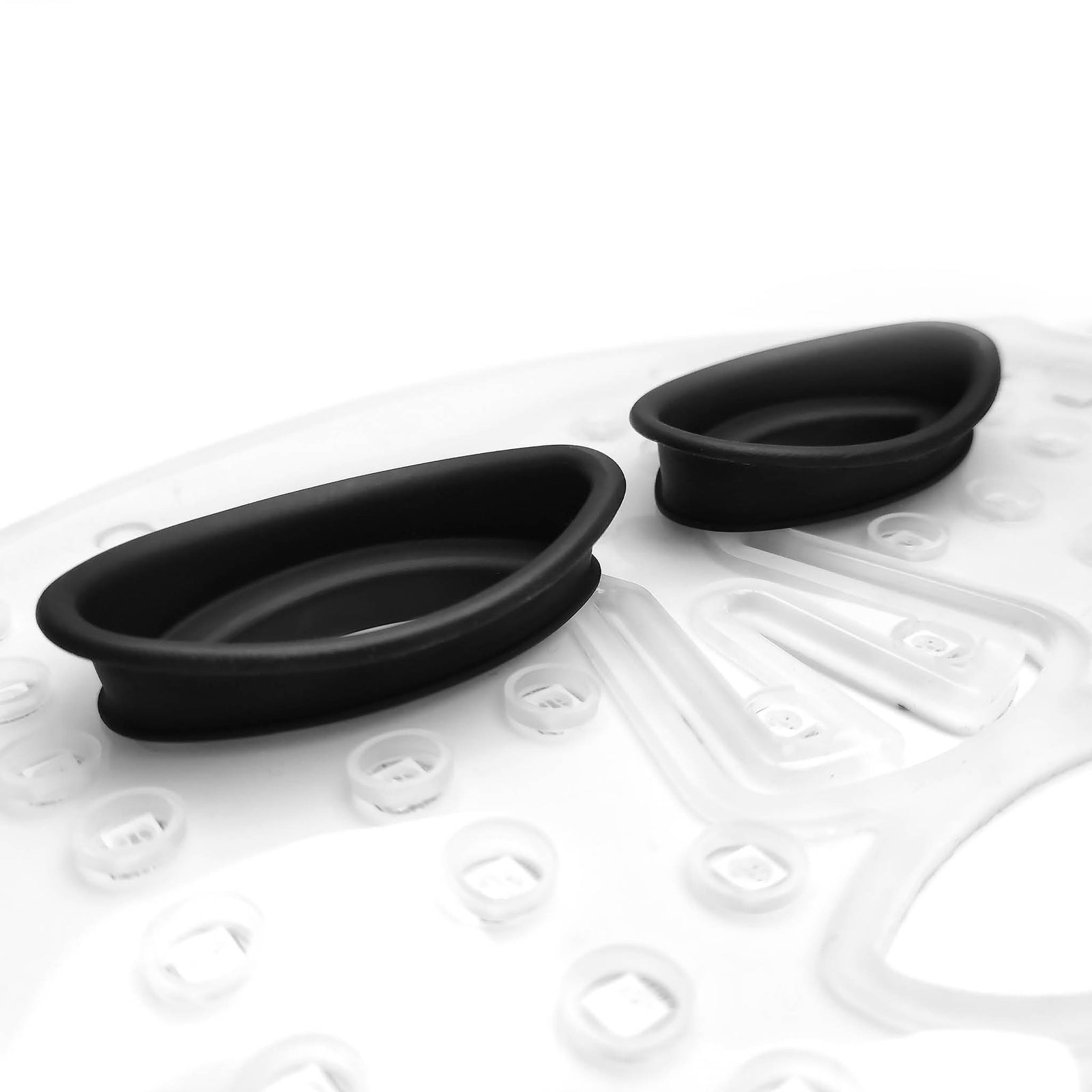
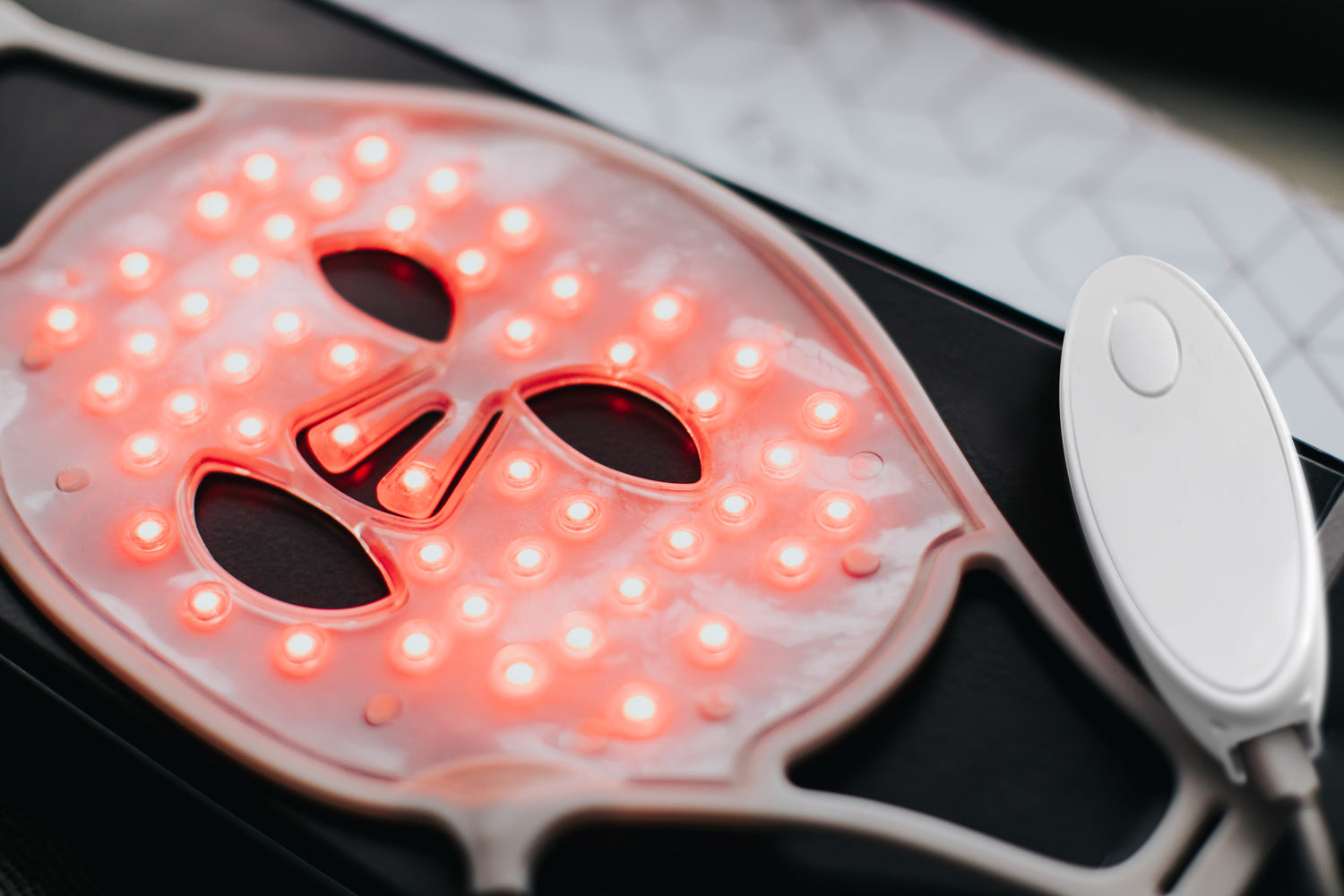
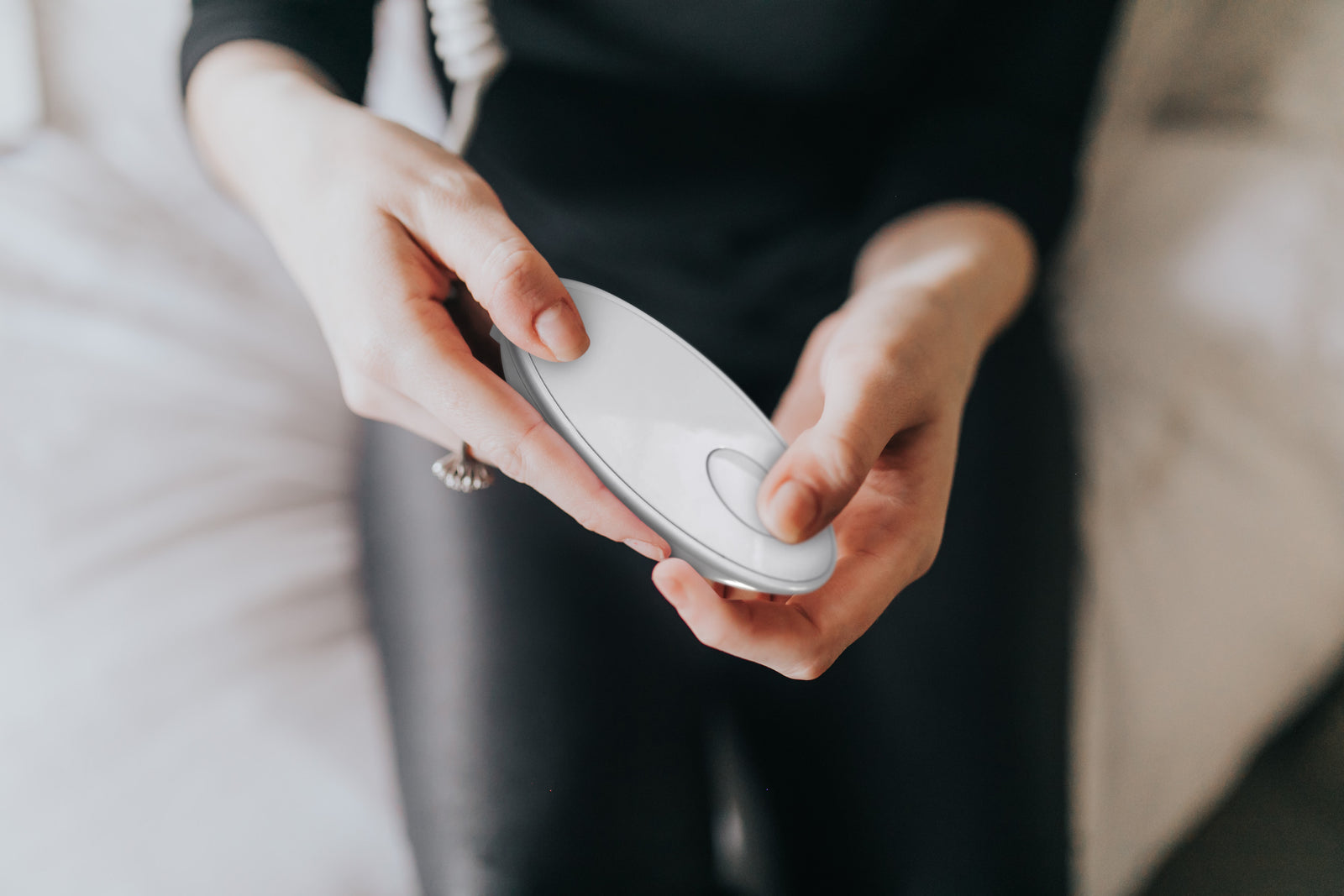
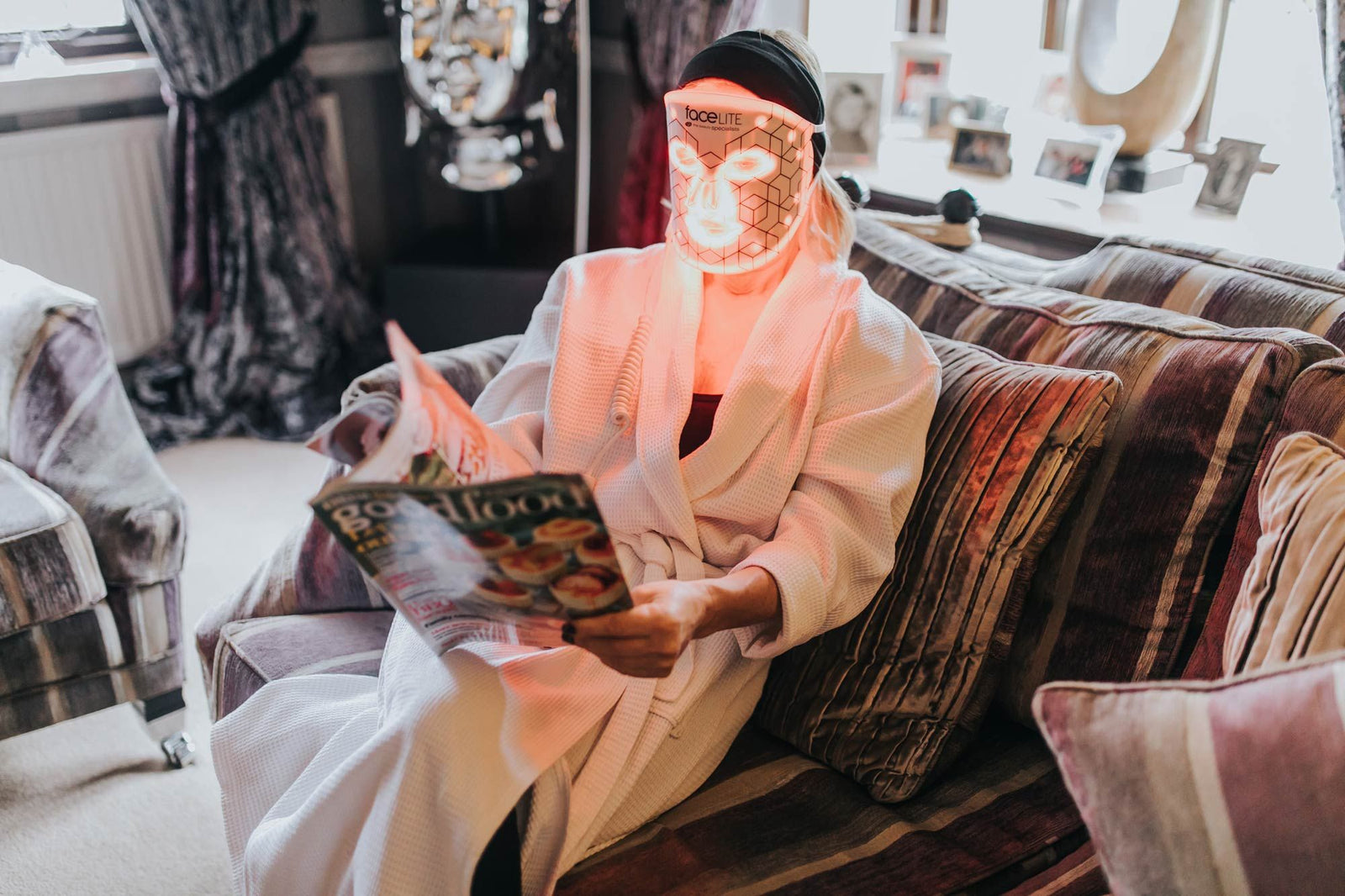
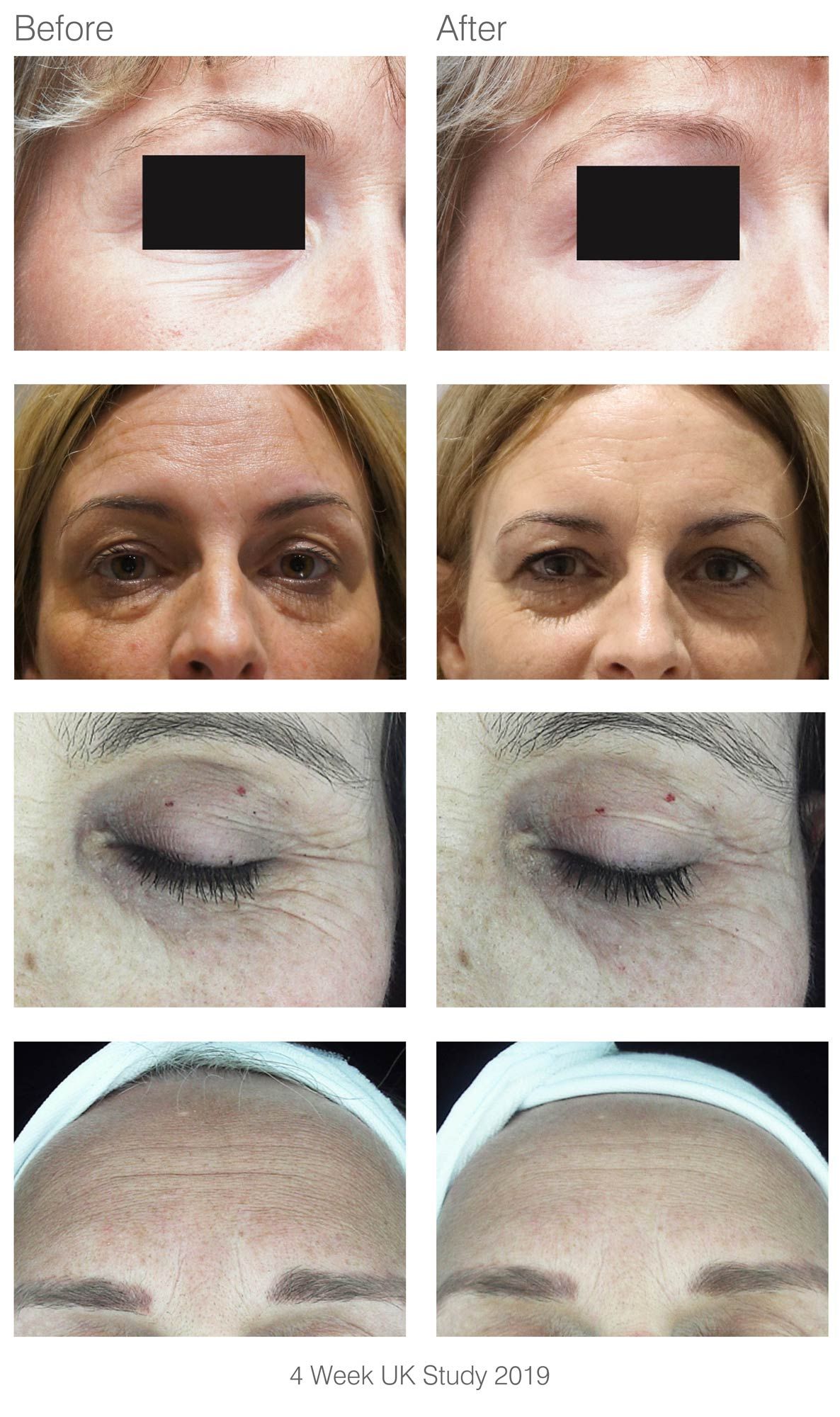
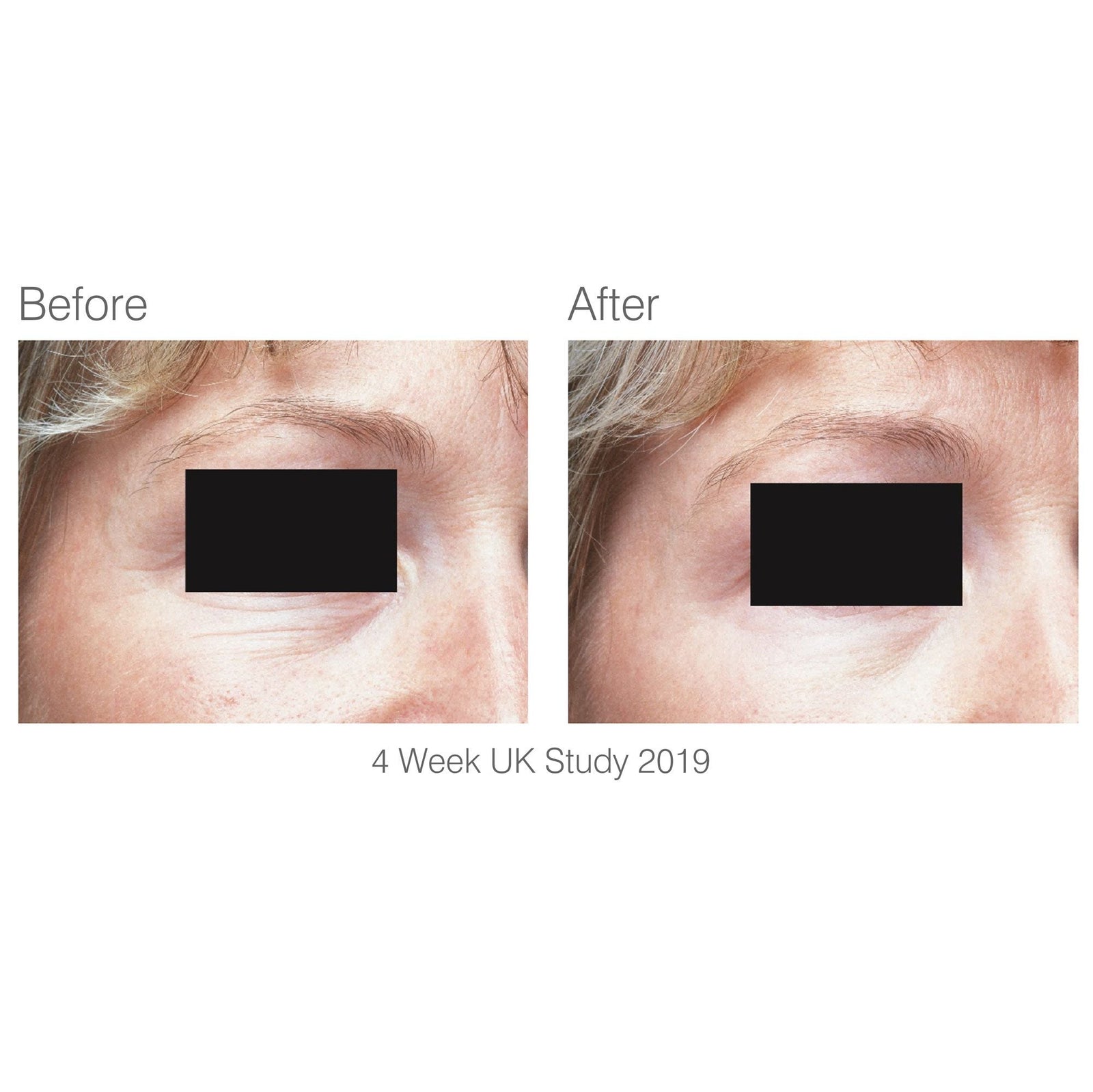
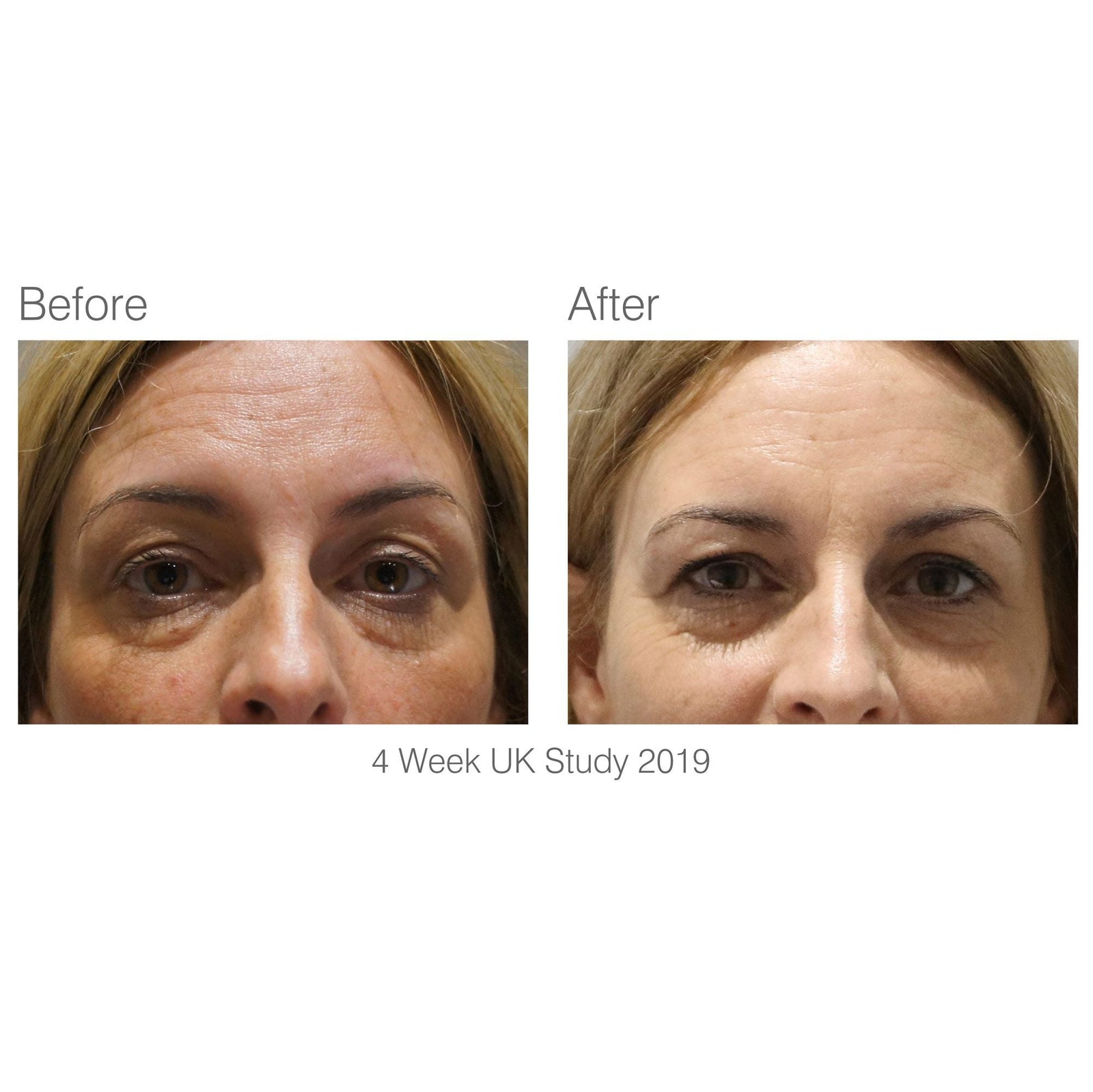
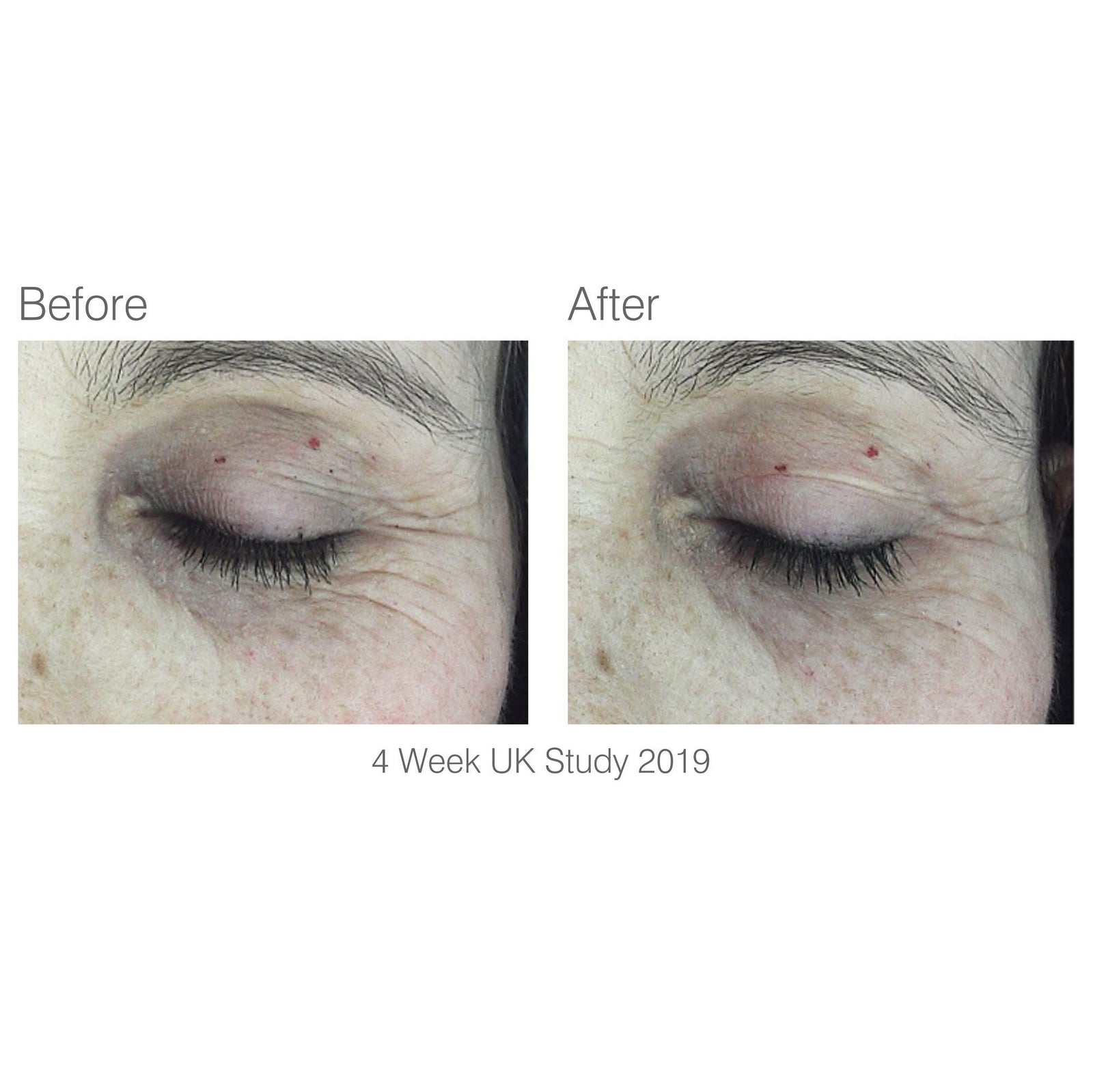
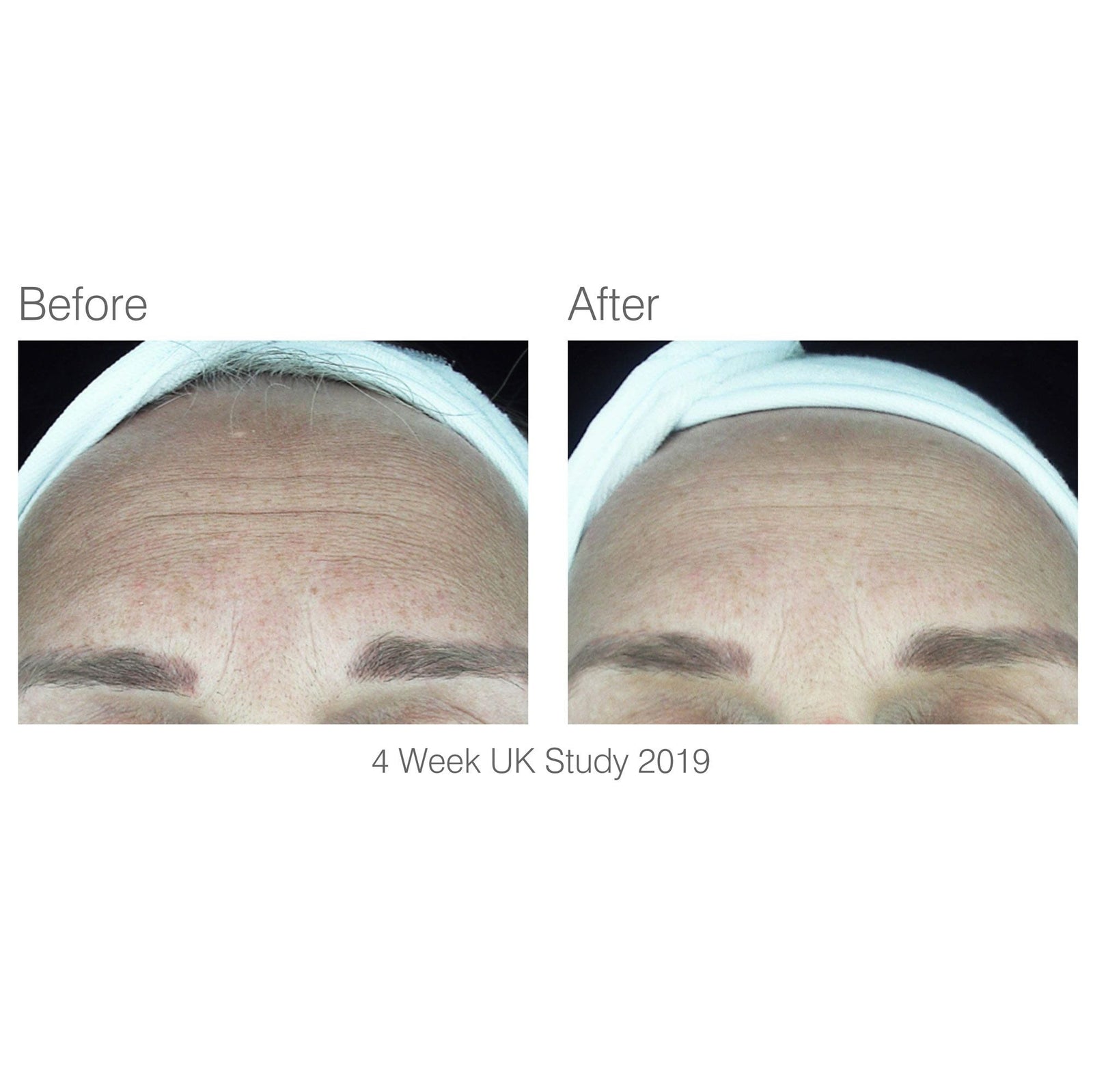
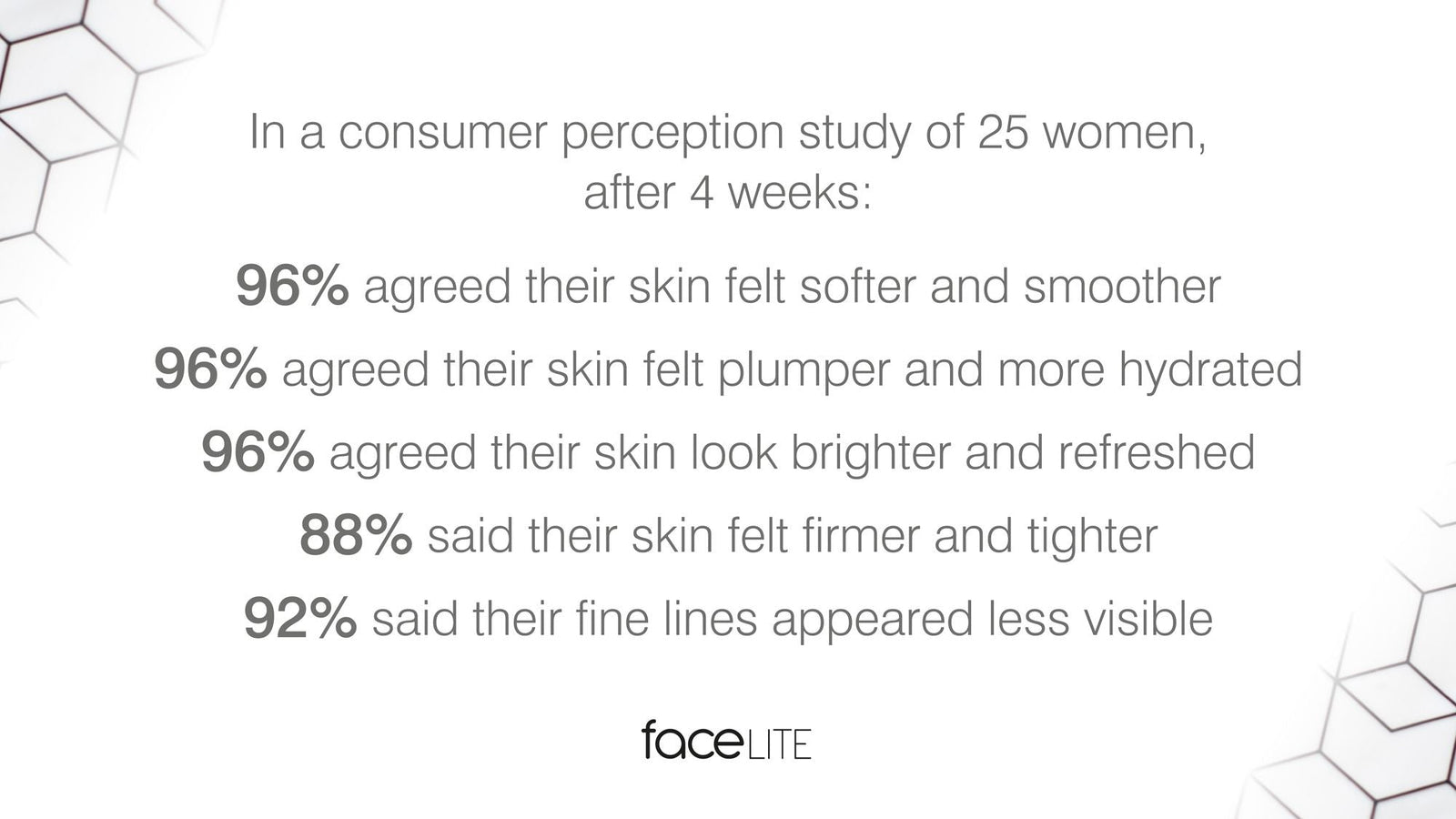
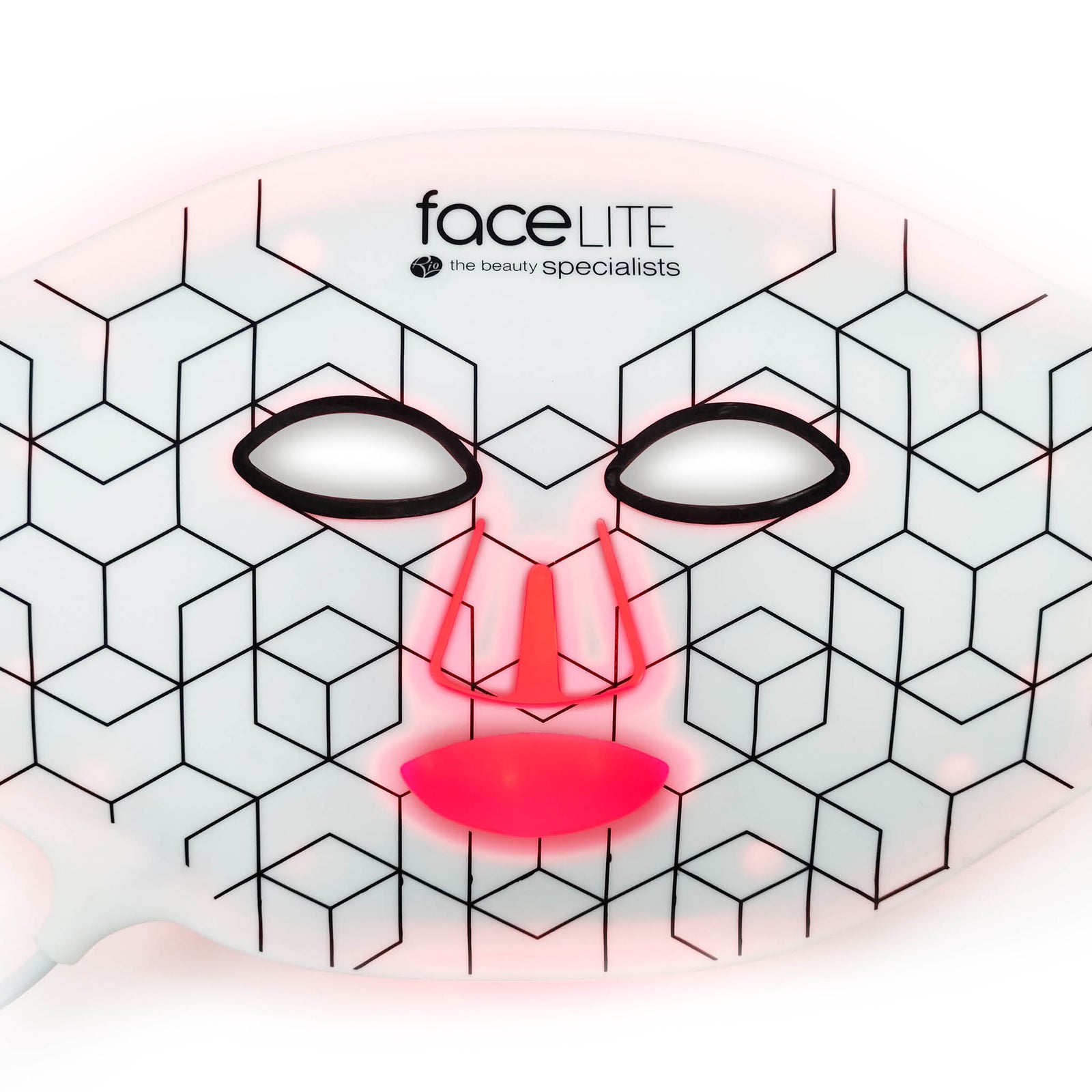
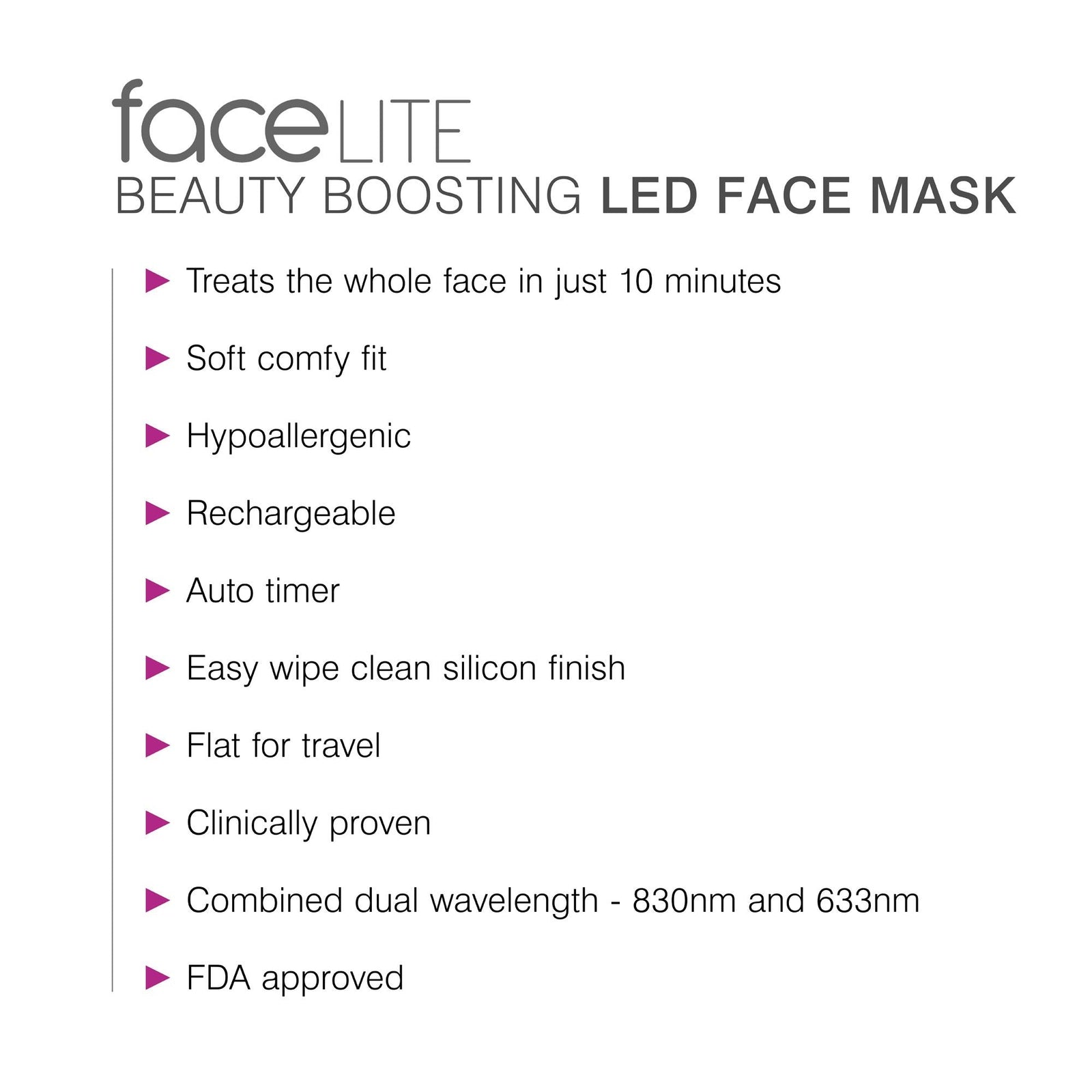
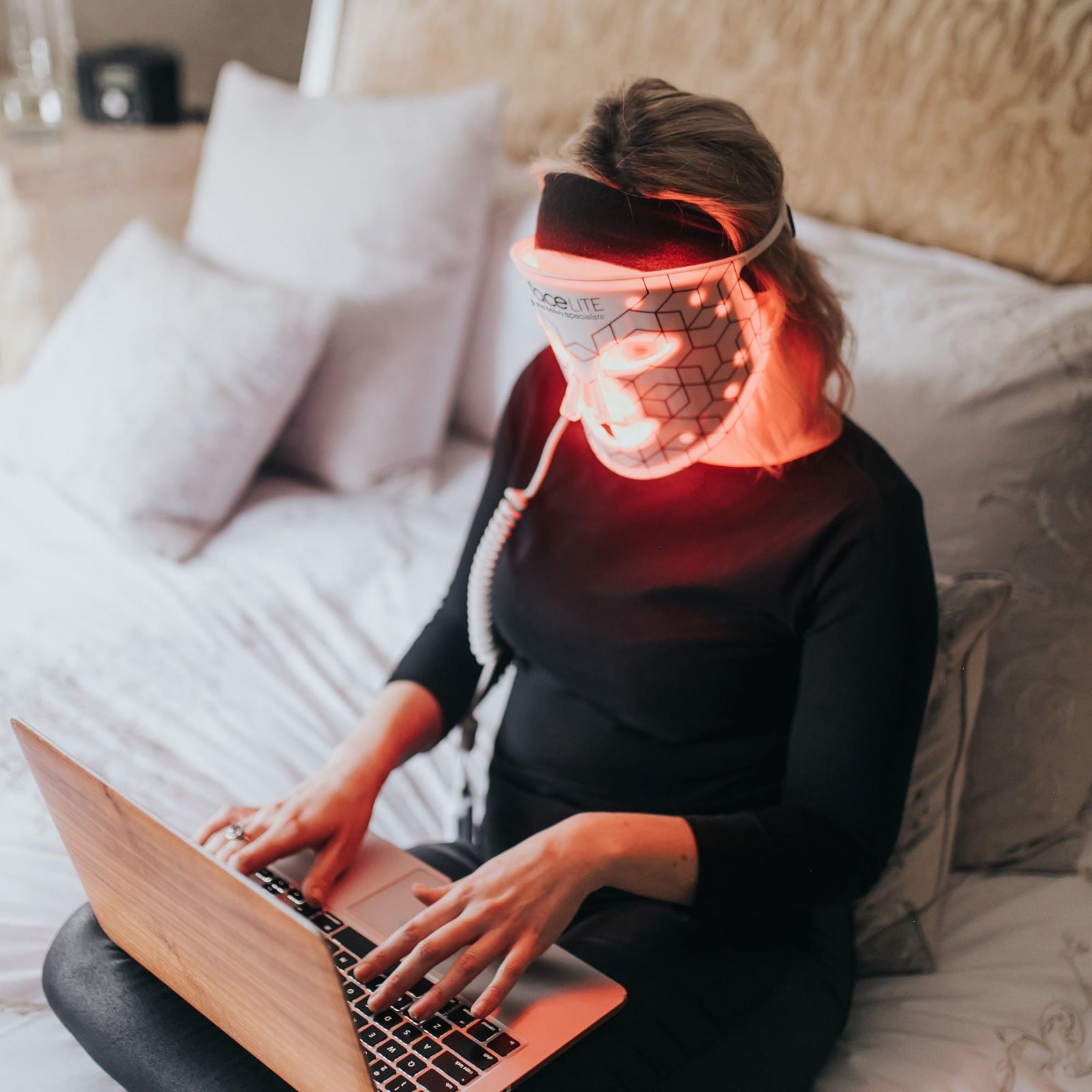
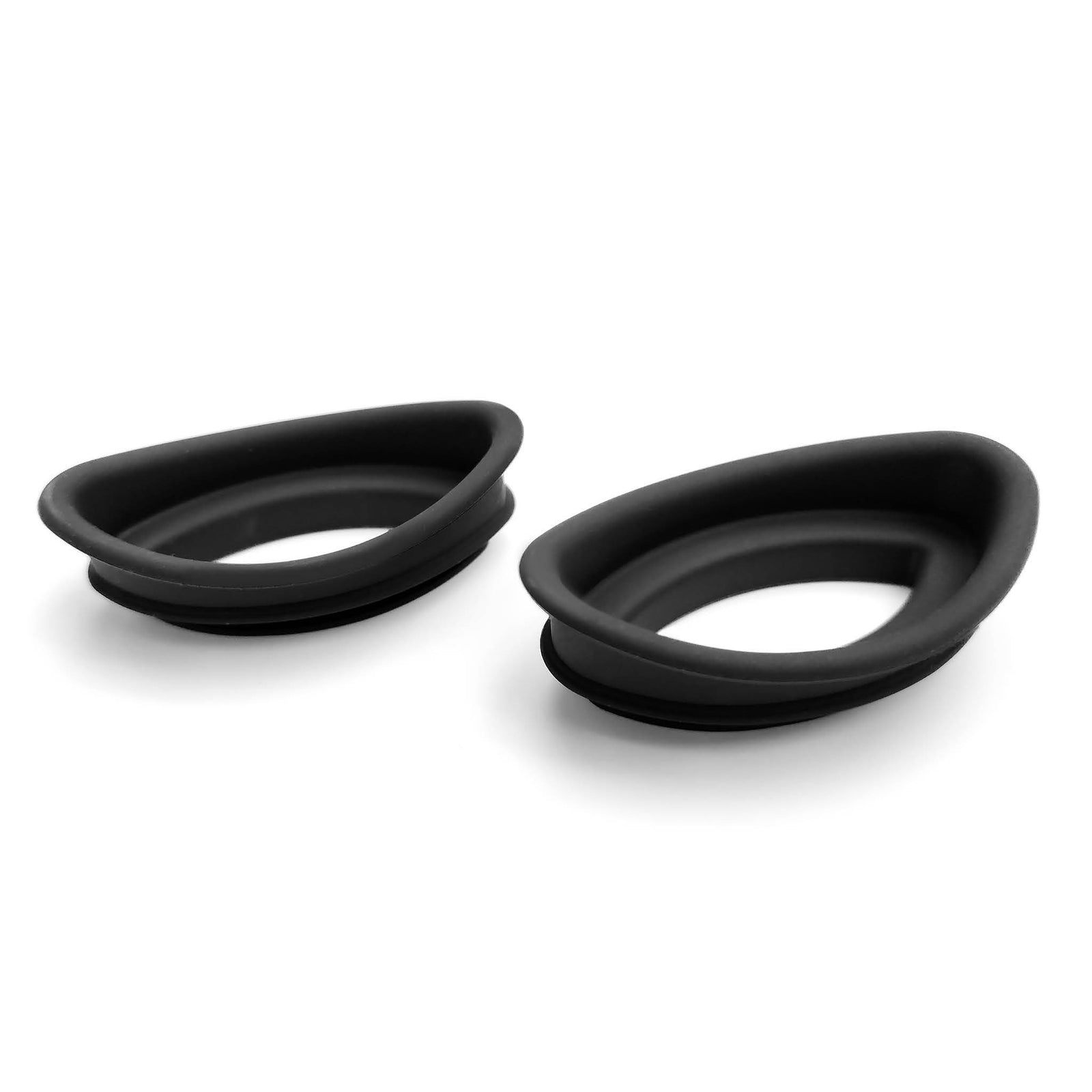
Sale
faceLITE beauty boosting LED face mask
£249.99£350.00
SUMMARY
FaceLITE uses clinically proven wavelengths of light to instantly energize skin cells for a natural revitalising boost to dull, tired, ageing skin
BENEFITS
FEATURES
DESCRIPTION
| Drug Type | Specific Group or Common Name | Comments |
| Anti-Arthritic |
Gold 50 or Ridaura | If YES, the treatment cannot be administered |
| Anti- Arthritic or Immunosuppressant | Azathioprine (Imuran, Azasan) | If YES, the treatment can be administered as long as the medication has not been taken within the last 5 days. |
| Anti Arrythmic | Amiodarone (Cordarone, Pacerone), Aratac | If YES, the treatment can be administered as long as the medication has not been taken within the last 5 days. |
|
| Quinidine | If YES, and the client is currently on the medication it is at the discretion of the client as to whether they commence the treatment. There is a 10/100 chance of a light reaction. If the client has stopped taking the medication for ≥ 5days then the treatment can be administered. |
| Antibiotics | Fluoroquinolones: Ciprofloxacin (Cipro), Levofloxacin (Levaquin), Lomefloxacin (Maxaquin),Norfloxacin (Noroxin), Ofloxacin (Floxin) | If YES, the treatment can be administered as long as the medication has not been taken within the last 5 days. |
| Anti-Cancer | Bexarotene (Targretin), Capecitabine (Xeloda), Dacarbazine (DTIC), Epirubicin (Ellence), Fluorouracil (5-FU), Interferon alfa (Intron A, Alferon-N), Methotrexate (Mexate), Pentostatin (Nipent), Procarbazine (Matulane), Tretinoin, oral (Vesanoid), Vinblastine (Velban, Velbe) | If YES, and the client is currently on the medication it is at the discretion of the client as to whether they commence the treatment. There is between a 1 /100 and 5/100 chance of a light reaction. If the client has stopped taking the medication for ≥ 5days then the treatment can be administered. |
| Anticonvulsants | Carbamazepine (Tegretol), Felbamate (Felbatol), Gabapentin (Neurontin), Lamotrigine (Lamictal), Oxcarbazepine (Trileptal), Topiramate (Topamax), Valproic acid (Depakene) | If YES, and the client is currently on the medication it is at the discretion of the client as to whether they commence the treatment. There is a 1/100 chance of a light reaction. If the client has stopped taking the medication for ≥ 5days then the treatment can be administered. |
| Antifungals | Flucytosine (Ancobon), Griseofulvin (Fulvicin, Gris-PEG), Terconazole (Terazol) Voriconazole (VFEND) | If YES, the treatment can be administered as long as the medication has not been taken within the last 5 days. |
| Antihistamines | Cetirizine (Zyrtec), Diphenhydramine (Benadryl), Loratadine (Claritin), Promethazine (Phenergan) | If YES, the treatment can be administered as long as the medication has not been taken within the last 5 days. |
| Antihypertensives | Captopril (Capoten), Diltiazem (Cardizem, Tiazac), Enalapril (Vasotec), Nifedipine (Procardia), Sotalol (Betapace) | If YES, the treatment can be administered as long as the medication has not been taken within the last 5 days. |
| Antimalarial | Chloroquine (Aralen), Hydroxychloroquine (Plaquenil), Pyrimethamine (Daraprim), Pyrimethamine/sulfadoxine (Fansidar), Quinine | If YES, the treatment can be administered as long as the medication has not been taken within the last 5 days |
| Antipsychotics | Phenothiazines: Chlorpromazine (Thorazine), Fluphenazine (Prolixin), Perphenazine (Trilafon), Prochlorperazine (Compazine), Thioridazine (Mellaril), Trifluoperazine (Stelazine) | If YES, and the client is currently on the medication it is at the discretion of the client as to whether they commence the treatment. There is between a 2/100 and 3/100 chance of a light reaction. If the client has stopped taking the medication for ≥ 5days then the treatment can be administered. |
| Antiretroviral | Ritonavir (Norvir), Saquinavir (Fortovase,Invirase), Zalcitabine (Hivid) | If YES, it is at the discretion of the client as to whether they commence the treatment. If YES, it is at the discretion of the client as to whether they commence the treatment. There is approximately a 2/100 chance of a light reaction. |
| Antiviral | Amantadine (Symmetrel), Acyclovir (Zovirax) | If YES, and the client is currently on the medication it is at the discretion of the client as to whether they commence the treatment. There is approximately a 1/100 chance of a light reaction. If the client has stopped taking the medication for ≥ 5days then the treatment can be administered. |
| Cardiovascular | Thiazide diuretics: Bendroflumethiazide (Corzide), Chlorthalidone (Thalitone), Hydrochlorothiazide (Microzide), Hydroflumethiazide (Diucardin), Indapamide (Lozol), Methyclothiazide (Enduron), Metolazone (Zaroxolyn), Polythiazide (Renese) | If YES, the treatment can be administered as long as the medication has not been taken within the last 5 days. |
| Lipid regulators Other | Fenofibrate (Tricor) | If YES, and the client is currently on the medication it is at the discretion of the client as to whether they commence the treatment. There is a 10/100 chance of a light reaction. If the client has stopped taking the medication for ≥ 5days then the treatment can be administered. |
| Non-steroidal anti-inflammatory (NSAIDs) Analgesics | Diclofenac (Voltaren, Cataflam), Naproxen (Anaprox) | If YES, and the client is currently on the medication it is at the discretion of the client as to whether they commence the treatment. There is a <1/100 chance of a light reaction. If the client has stopped taking the medication for ≥ 1 day, then the treatment can be administered. |
| Sedatives | Alprazolam (Xanax), Chlordiazepoxide (Librium), Zaleplon (Sonata), Zolpidem (Ambien | If YES, and the client is currently on the medication it is at the discretion of the client as to whether they commence the treatment. There is a 1/100 chance of a light reaction. If the client has stopped taking the medication for ≥ 5days then the treatment can be administered. |
| Skin agents (acne) | Isotretinoin (Accutane, Roaccutane) Tretinoin topical (Renova, Retin-A) Tazarotene (Tazorac) | If YES, and the client is currently on the medication it is at the discretion of the client as to whether they commence the treatment. There is between a 5/100 and a 10/100 chance of a light reaction. If the client has stopped taking the medication for ≥ 5days then the treatment can be administered. |
| Skin agents (hair) | Coal tar, Minoxidil (Rogaine) | If YES, and the client is currently on the medication it is at the discretion of the client as to whether they commence the treatment. There is <0.5/100 chance of a light reaction. If the client has stopped taking the medication for ≥ 5days then the treatment can be administered. |



















